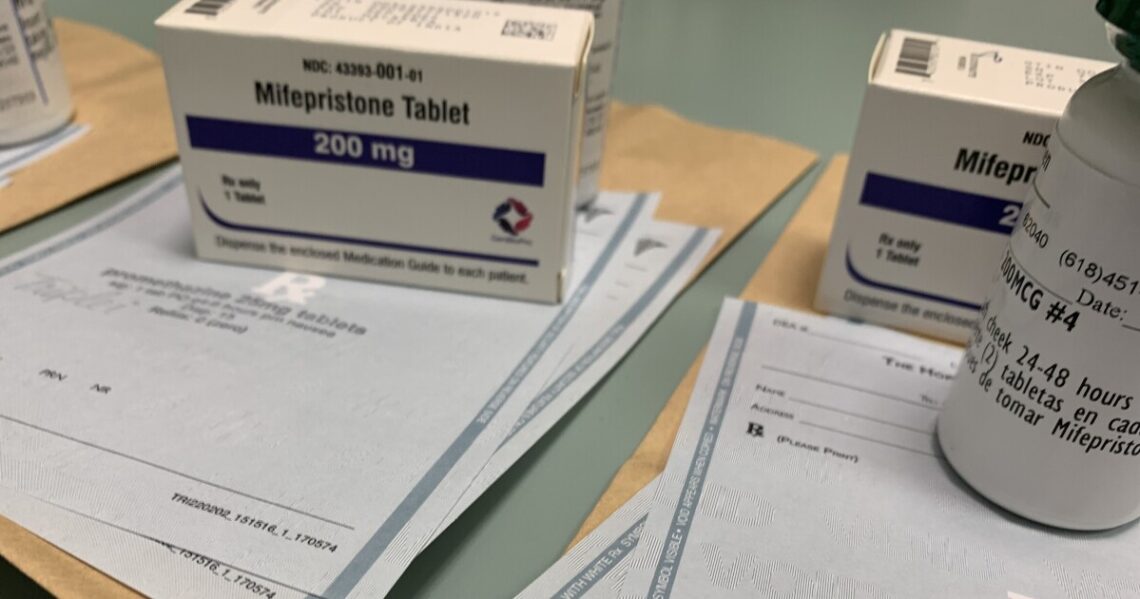A federal case challenging access to a common abortion pill is reviving discussions about a 150-year-old anti-obscenity law.
In 1873, what’s known as the Comstock Act banned multiple items related to sex and reproductive health that many people see as quite ordinary today. Until recently, that law had been largely forgotten or ignored. But it’s being cited in the federal case out of Texas that could curb access to the widely used abortion pill mifepristone.
What is the Comstock Act?
The law prohibits using the mail to spread information or materials deemed “obscene.” The term “obscenity” wasn’t defined, but the statute did explicitly include anything used to cause an abortion.
The official title of the law is much longer, but it’s known as the Comstock Act because of a Connecticut man named Anthony Comstock.
Anthony Comstock’s opposition to what he saw as “vices” — including pornography, contraception and abortion — prompted Congress to pass what became known as the Comstock Act in 1873.
Comstock, a former Union soldier from a deeply religious family, became “horrified by the amount of porn and alcohol he saw his fellow soldiers consuming” while serving in the Army, according to Lauren MacIvor Thompson, a historian at Kennesaw State University in Georgia.
And Gillian Frank, a historian of religion and sexuality and a visiting affiliate scholar at Princeton…
Read the full article here







